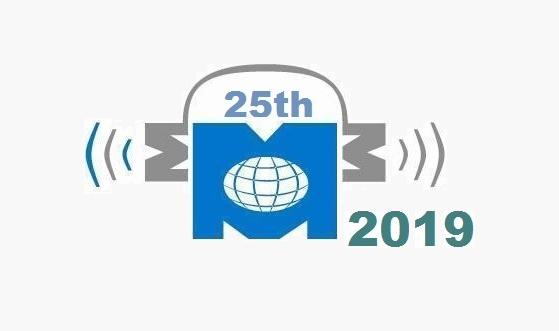Nowadays, terrorist groups and organizations in principle rely on exploiting the Internet for spreading their message and gaining support throughout the world, using the Web as a communication tool. In particular, intense effort has been devoted on recruitment and propaganda activities, as well as on disinformation, raising funds, organization, planning and financial transactions acts. Over the recent years, well-known terrorist organizations (e.g. Al-Qaeda, ISIS, etc.) and their affiliates have tremendously increased their online presence on YouTube, Twitter, Facebook, Instagram, Telegram, other social media and web communication channels, either on the Surface Web or on the Deep Web and Dark nets, posing significant challenges to counter-terrorism agencies, but also opportunities to detect and monitor them. In most cases, terrorist groups use the Internet to increase support and to raise funds for incarnating their activities. Terrorists’ increasing use of the Internet for propaganda, financing, training and dissemination purposes is being driven by a number of different underlying factors: the growth of Internet and its increasing availability, the anonymity and the available opportunities (e.g. e-payments for donations, etc.). In this context, this special session targets the study, design, development and dissemination of effective (in terms of precision and accuracy), efficient (in minimal time), automated (with limited human intervention) Big Data analytics solutions, to search and retrieve, collect and analyze huge amounts of heterogeneous and complex terrorist-related data from both the Surface and the Deep Web, in order to discover, detect, analyze and monitor any possible aspect of potential terrorist-related activities, with particular focus on the following most commonly met and potentially most hazardous ones: propaganda, fund-raising and training.
The main topics of interest include:
- – Indexing, deep hashing and query optimization for very large multimedia collections
- – Social network analysis
- – Deep Web and Dark Nets source analysis
- – Information extraction and knowledge discovery from unstructured sources
- – Named entity recognition
- – Human action recognition and event detection in large RGB databases
- – Speaker identification and clustering
- – Learning social network embeddings
- – Language identification
- – Acoustic event detection
Session organizers:
- – Georgios Th. Papadopoulos (Centre for Research and Technology Hellas, Greece)
- – Ernesto La Mattina (Engineering Ingegneria Informatica SpA, Italy)
- – Apostolos Axenopoulos (Centre for Research and Technology Hellas, Greece)
For submitting a paper, follow the links to the submission system that can be found in the Paper Submission page.
